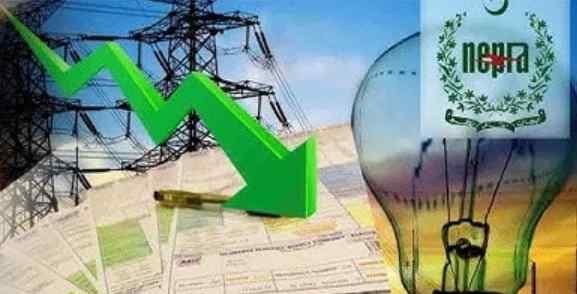Electricity prices in Pakistan are likely to drop once more, bringing further financial relief to consumers already grappling with inflation. If approved, the next billing cycle could reflect a combined cut of around Rs. 0.77 per unit — thanks to adjustments in both fuel charges and quarterly tariffs.
Why You Might Pay Less for Power Soon
Two separate regulatory adjustments are behind the expected decrease: the Quarterly Tariff Adjustment (QTA) and the Fuel Price Adjustment (FPA). These mechanisms allow electricity prices to be recalibrated based on evolving costs of generation and consumption patterns.
The National Electric Power Regulatory Authority (NEPRA) recently conducted a hearing on August 4 to review the fourth quarterly adjustment for FY 2024–25, submitted by Pakistan’s power distribution companies (DISCOs). If NEPRA gives the green light, a reduction of Rs. 1.89 per unit could be spread across electricity bills for August, September, and October.
This potential cut stems from a combination of factors: revised deals with power producers, growing electricity demand, and the integration of captive power plants into the national grid — all of which are driving down the per-unit cost of electricity.
Fuel Cost Adjustment: More Relief on the Way
In addition to the quarterly cut, NEPRA is also reviewing a separate proposal for the June 2025 fuel cost adjustment. Submitted by the Central Power Purchasing Agency (CPPA-G) on July 16, this adjustment was discussed during a hearing held earlier on July 3.
Initial estimates suggest a further Rs. 0.78 per unit reduction is in the pipeline, to be reflected in August’s power bills. This follows a smaller Rs. 0.50 per unit relief already applied in July, with the remaining Rs. 0.28 per unit now expected to be adjusted in the upcoming cycle.
What It Means for You
If both adjustments are approved as expected, households and businesses could see a noticeable dip in their energy costs over the next few months — a welcome development at a time when utility expenses remain a major burden for many.
NEPRA’s final decision is expected soon. Until then, all eyes are on the regulatory body as it weighs the combined impact on consumers and the energy sector’s financial sustainability.

